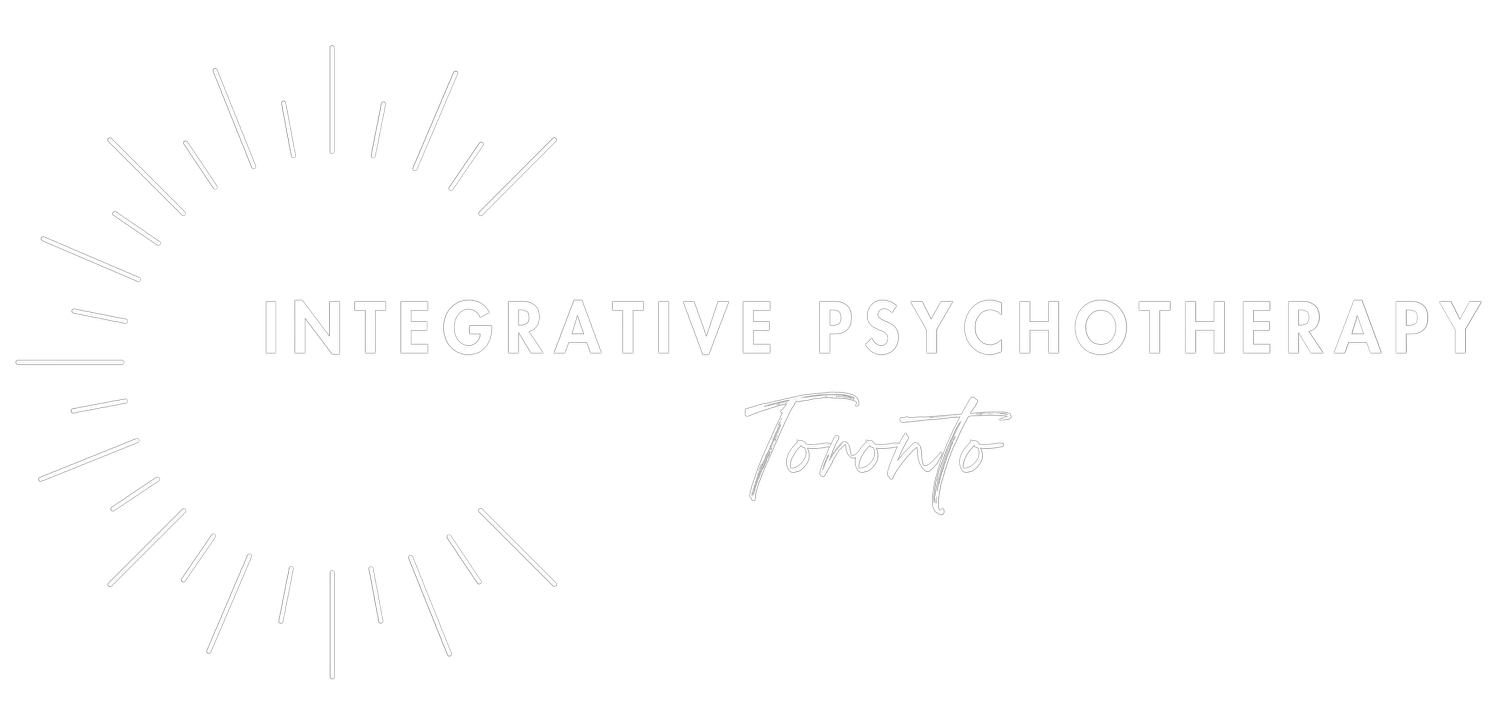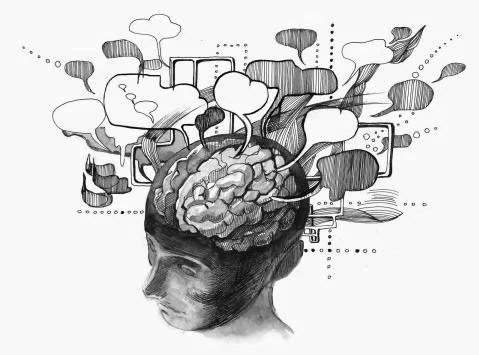What to Expect In Couples Therapy
Imagine you’re trying to solve a jigsaw puzzle, but the pieces belong to two different sets. Couples therapy is the process of sorting through those pieces, understanding how they fit, and building a picture that works for both partners. Whether you’re facing communication challenges or feeling disconnected, couples therapy offers a safe space to rebuild trust and connection.
Here’s what you can expect.
What Happens in Couples Therapy?
Couples therapy is more than just “talking it out.” It’s a collaborative process where both partners work with a therapist to understand patterns in their relationship, identify pain points, and practice tools for healthier communication.
Couples therapy is like rewiring the communication and emotional circuits in your relationship. It’s not about placing blame but about growing together. By working with a skilled therapist, you’ll not only tackle current challenges but also strengthen your relationship for the future.
General Structure of Couples TherapY
Initial Sessions: Your therapist learns about your relationship history, current challenges, and shared goals. Expect questions about how you met, your communication style, and areas of tension.
The Process: Sessions are typically a mix of discussion and guided exercises. Therapists act as neutral guides, helping you uncover hidden dynamics and shift unhealthy patterns.
Homework: Many therapists provide exercises to practice at home, like communication drills or writing exercises, so progress continues between sessions.
Think of the therapist as a trail guide. They’re there to help you navigate rocky terrain, offering tools like a compass (communication strategies) and map (understanding patterns) to keep you on course.
Different Types of Couples Therapy
Emotionally Focused Therapy (EFT) for Couples
EFT is about uncovering the emotional undercurrents of your relationship. Rooted in attachment theory, it focuses on creating secure bonds between partners.
Core Principles of EFT
Identifying negative cycles of interaction.
Understanding unmet emotional needs fueling those patterns.
Strengthening the bond by fostering emotional safety and connection.
What an EFT Session Looks Like
Your therapist might guide you in sharing vulnerable emotions, like fear of rejection, while helping your partner respond with empathy rather than defensiveness. Over time, this builds trust and security.
The Gottman Method
The Gottman Method emphasizes practical tools to resolve conflict and enhance friendship in your relationship.
Core Principles of the Gottman Method
Building a strong foundation of friendship and admiration.
Managing conflict effectively with “soft startups” and repair attempts.
Creating shared meaning through rituals, goals, and dreams.
What a Gottman Session Looks Like
Your therapist may use role-playing exercises to practice healthier conflict resolution or help you identify “bids for connection”—small moments where your partner seeks attention or affection.
EFT vs. The Gottman Method
While EFT focuses on emotional bonding, the Gottman Method prioritizes practical relationship skills. The approaches complement each other and can be tailored to your needs.
Benefits Beyond the Couch
Couples therapy helps you:
Understand Each Other’s Inner Worlds: Explore deeper feelings, such as fear or sadness, behind surface-level arguments.
Improve Communication: Learn to navigate conflicts without blame or escalation.
Heal Past Hurts: Address lingering wounds like betrayal or neglect in a supportive space.
An Integrated Approach
At Integrative Psychotherapy Toronto, our therapists also have training in a variety of other modalities that they may incorporate
Internal Family Systems (IFS): Exploring “parts” of yourself (e.g., inner critic or vulnerable child) that influence your reactions in the relationship.
Somatic Therapy: Connecting through the body, both to yourself and your partner
EMDR or Trauma Work: Processing past traumas that may impact intimacy or trust.
These tools can enhance your healing journey, especially if anxiety, PTSD, or unresolved trauma are part of your story.
Is Couples Therapy Right for You?
Couples therapy isn’t just for relationships on the brink of collapse. It’s for anyone seeking deeper connection, improved communication, or tools to navigate life’s challenges together. Whether you’re newly married or decades into your partnership, therapy can help you rediscover joy and partnership.
Take the First Step. Reaching out to a therapist could be the first step toward a more connected, fulfilling relationship.
Looking for More?
If you’re interested in learning more about Mind-Body Therapy, we have lots of information to geek out on! You might enjoy:







